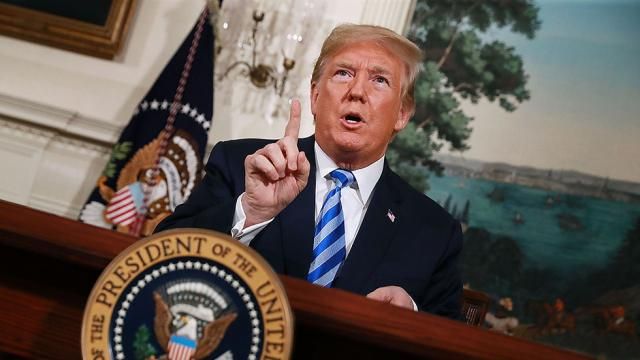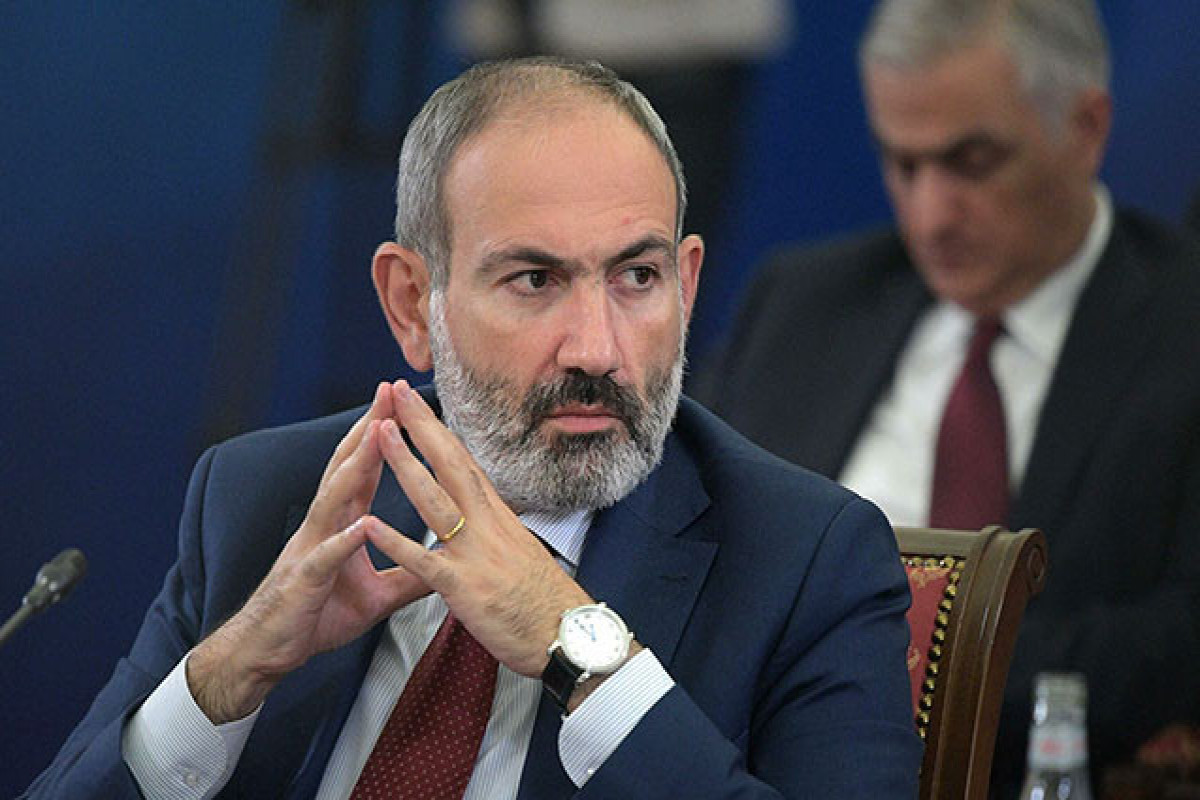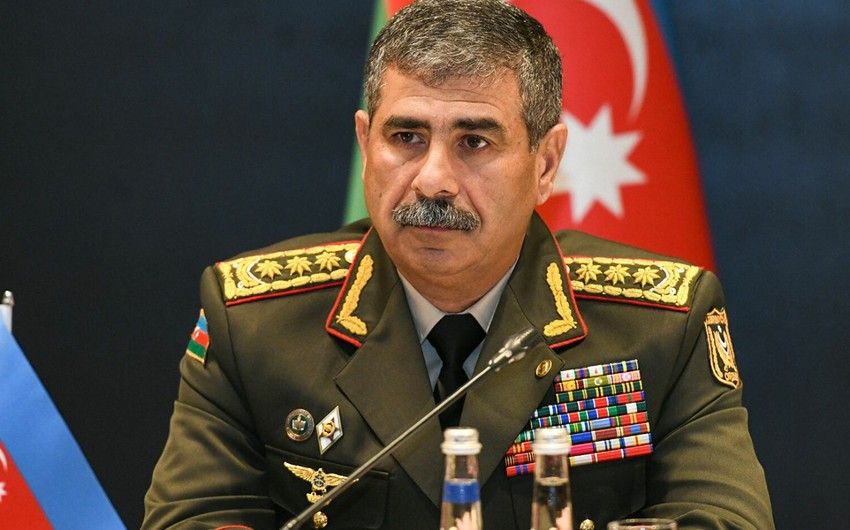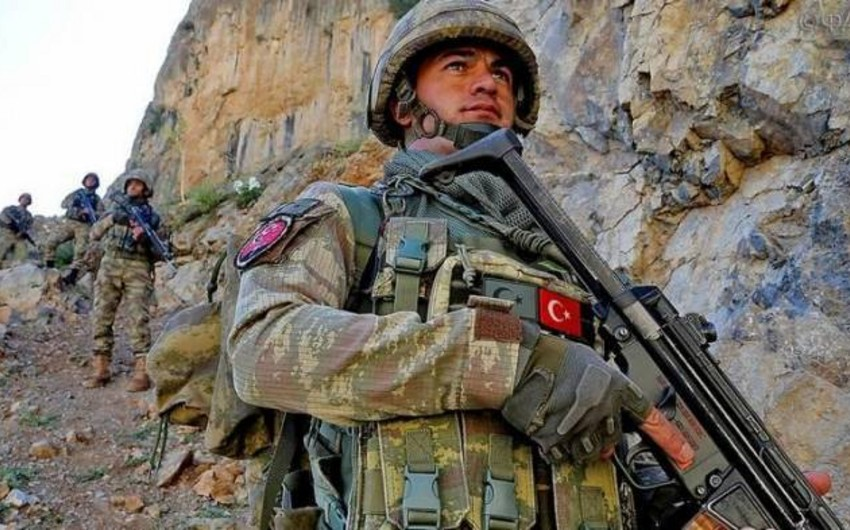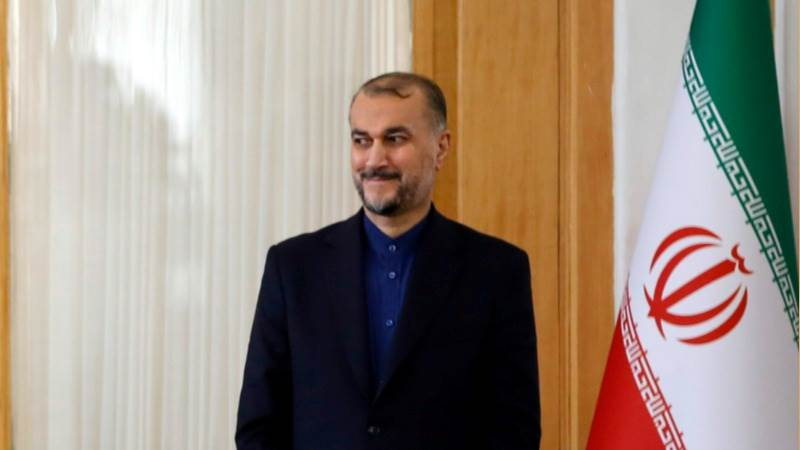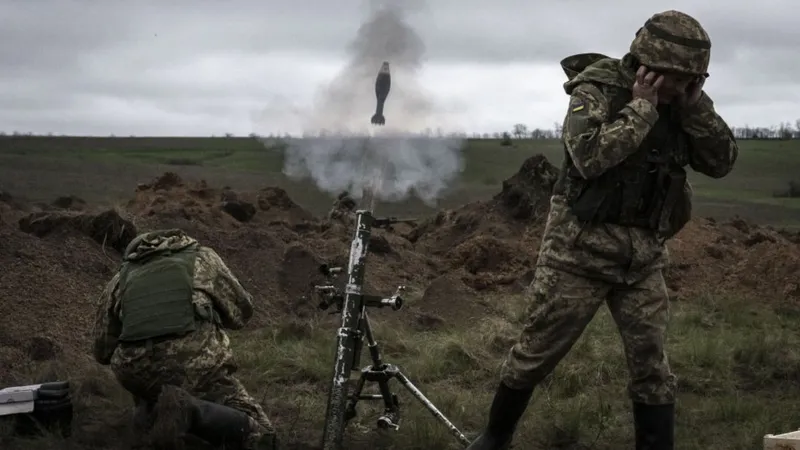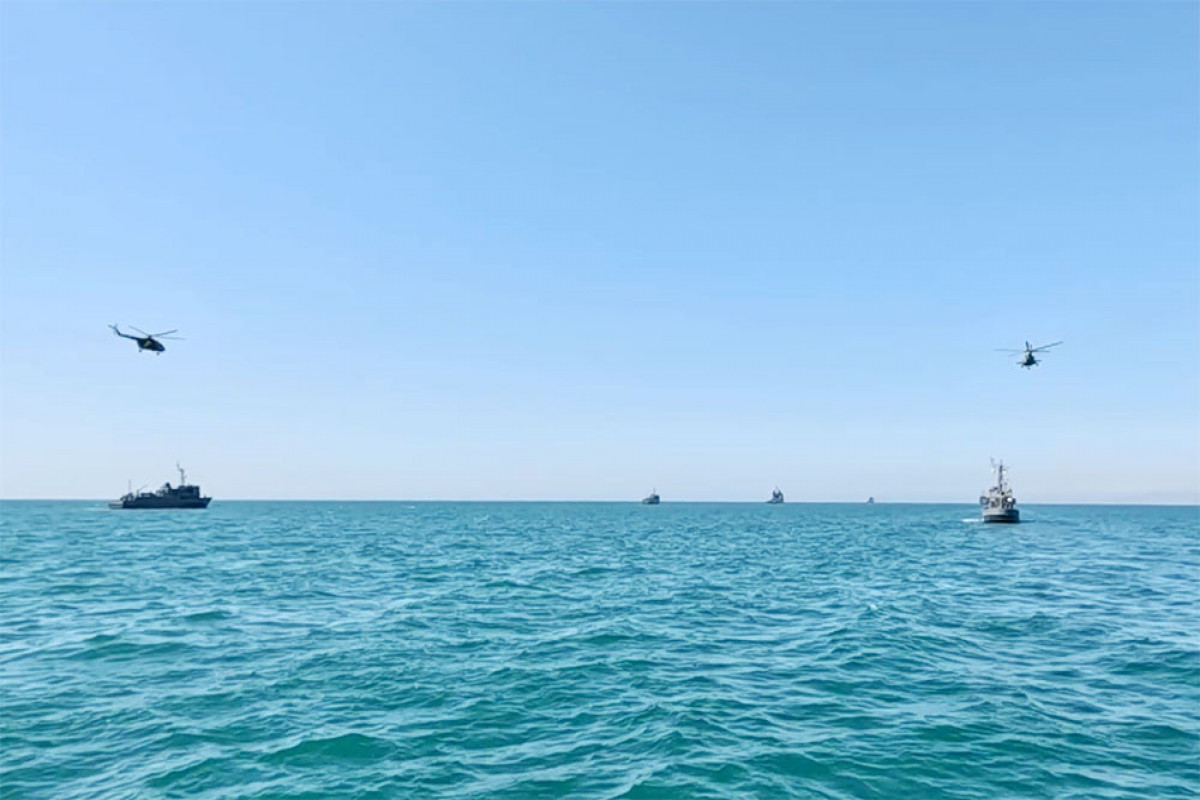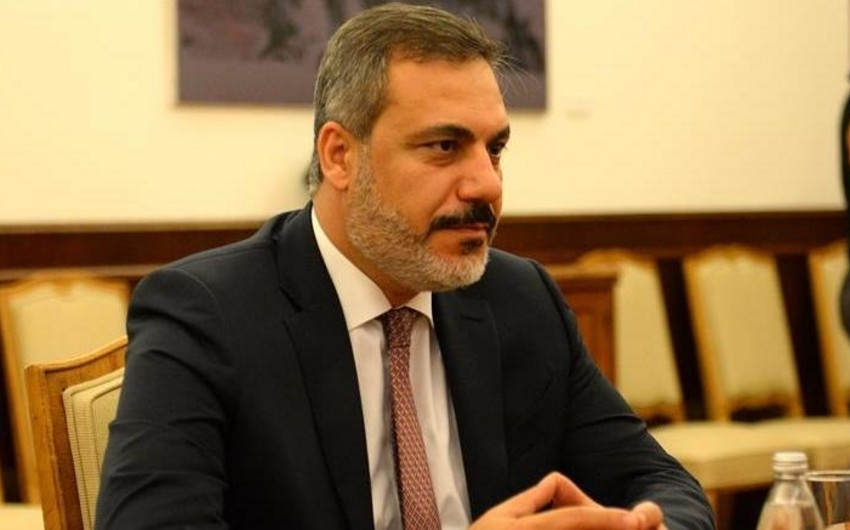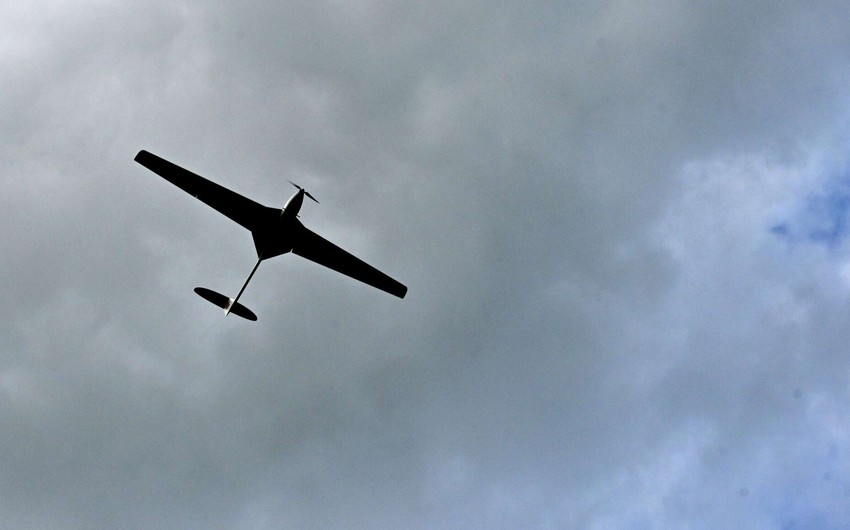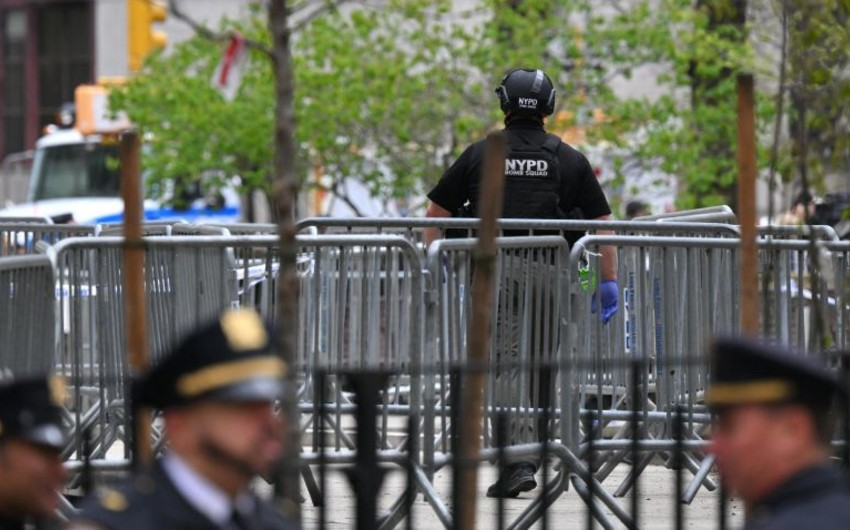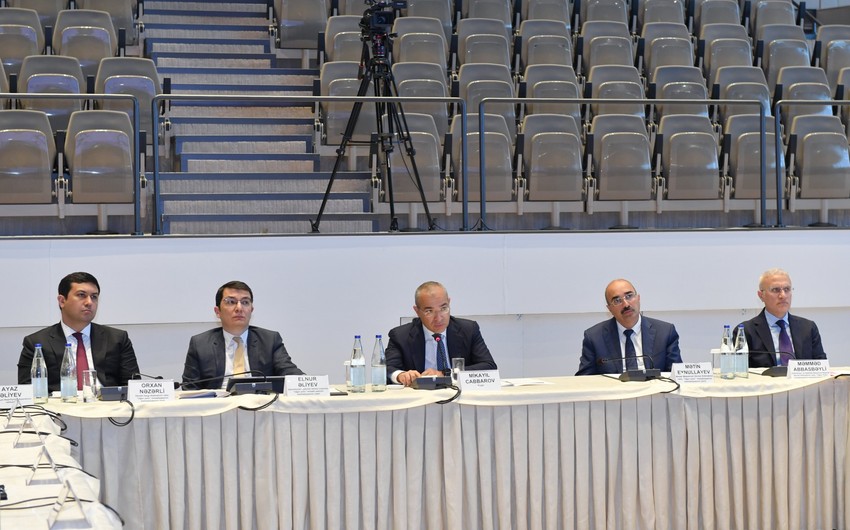President Trump has embarked on an unprecedented use of national security authorities to implement his “America first” economic agenda. His use of national security authorities to impose trade restrictions has upended longstanding international agreements and stretched the definition of “national security” beyond the intent of Congress in the decades-old statutes that Trump has relied on. Congress needs to restore its historic role on trade and economic policy and by reforming national security authorities to limit their use to pursue economic policy.
In recent months, Trump has relied on Section 232, a national security provision in the 1962 Trade Expansion Act, as the basis to levy tariffs on steel and aluminum imports, arguing that imports from allies like Canada and the European Union undercut U.S. defense readiness. Trump has directed the Commerce Department to rely on the same legal provision to prepare potential tariffs on auto imports, with Commerce Secretary Wilbur Ross asserting that “economic security is military security.”
This view would justify implementing virtually any economic policy on national security grounds. After the Federal Energy Regulatory Commission rejected a plan to require power companies to buy electricity from coal and nuclear plans, a document recently leaked suggests that Trump plans implement the requirement anyway under a 1950 law designed to ensure military readiness. Trump plans to use the International Emergency Economic Powers Act, a law typically used to impose sanctions on rogue governments like Iran, to establish new limits on Chinese investment in the United States as part of his “get tough” approach to Chinese trade abuses.
For Trump, the logic for using national security powers is clear because national security statutes typically grant the president wide authority to implement policies to defend the country. Deploying Section 232 to protect the U.S. steel and aluminum industries, for example, enables Trump to impose far more sweeping tariffs than he could impose impose under other trade law provisions, such as provisions designed to protect U.S. industries that face a sudden surge in imports.
But Trump’s use of national security powers to advance his economic agenda carries serious costs. The president is absolutely right about the need to crack down on Chinese trade abuses and reform the global trading order. His work with Congress to reform the CFIUS review process for foreign investment in the United States is a smart way of pushing back on Beijing. However, Trump’s rapid unilateral moves under national security laws have alienated core U.S. allies and have prompted foreign countries to retaliate with tariffs on billions of dollars of U.S. goods.
In 1976, Congress, at the time concerned about presidential abuse of emergency powers dating to the Great Depression and Korean War, enacted the National Emergencies Act, which imposed procedural constraints on the president’s ability to use certain “emergency” powers. Forty years later, Congress needs to pass legislation to ensure that the president’s use of national security laws to promote economic policy is subject to rigorous analysis and appropriate oversight.
Congress should tread carefully in restricting the president’s use of national security laws, given the need to act quickly in times of crisis like the 9/11 terrorist attacks. But Congress should subject the president’s use of these authorities to implement economic policy to procedural constraints that balance the need to move quickly during crisis with the need to weigh carefully the costs and benefits of regulation.
First, Congress should require that economic regulation and orders promulgated under national security authorities expire after a fixed period, such as 24 months, unless Congress votes to continue them. This would enable the president to respond decisively to a genuine national crisis while ensuring that the president cannot impose indefinite tariffs, investment restrictions, or other economic policy without Congress.
Second, Congress should require the executive branch to publish an annual cost-benefit analysis for economic regulations implemented under national security authorities. The White House Office of Management and Budget typically requires that domestic economic rules be subjected to a rigorous cost-benefit analysis prior to being issued. Congress should at least require publication of an annual cost-benefit analysis of economic regulations issued under national security authorities after the rules are issued to foster public oversight.
Finally, some national security authorities are currently exempt from “notice and comment” rulemaking procedures, meaning stakeholders have no formal input into economic regulations issued under national security authorities. Congress should require Cabinet agencies to develop specialized rulemaking procedures for economic regulations issued under national security authorities not currently subject to such requirements. These could include “after the fact” procedures to ensure that the executive branch can move quickly in times of crisis, while still giving stakeholders the opportunity to comment on economic regulations.
Trump is not the first president to use national security laws to implement economic policies outside the context of a major war. But Trump is doing so on a scale much larger than his predecessors, and this sets a troubling precedent for his successors. By enacting new procedural constraints on the president’s use of national security laws to implement economic policy, Congress can ensure better decision-making and appropriate oversight over the president’s economic policy.

